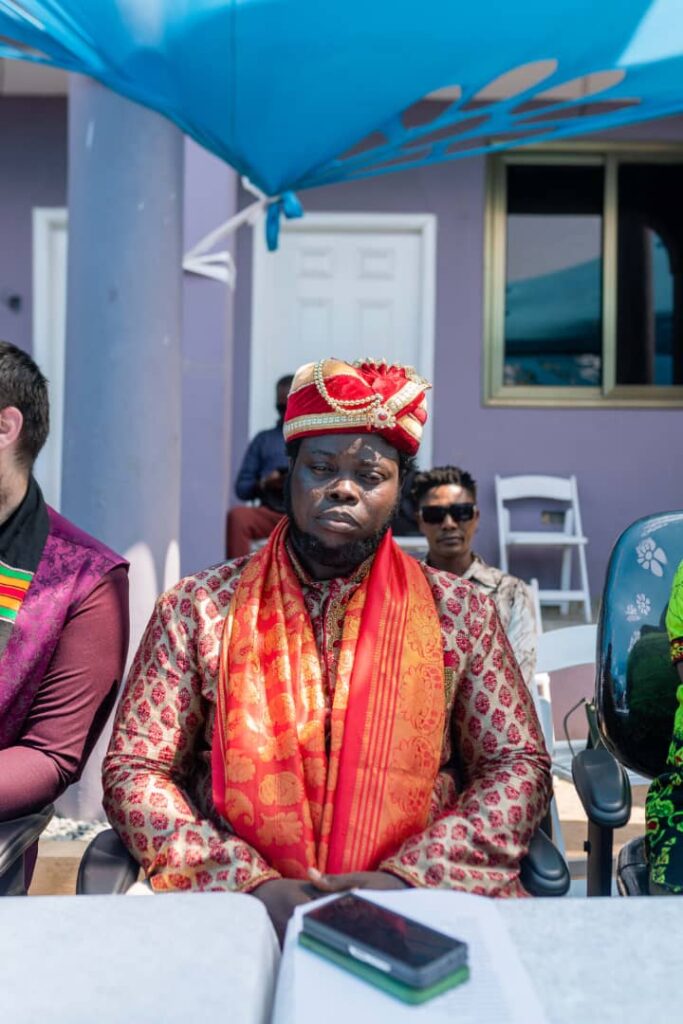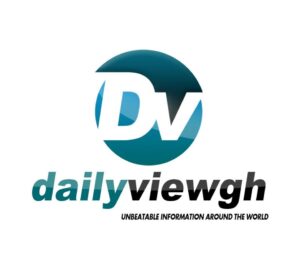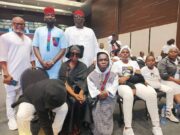In a bold stance against educational inequality, the Minister of Education for the West Africa Chapter of the Montessori Model United Nations, King Oyanka, has called for an immediate ban on the practice of teachers charging students for after-school classes.
Expressing grave concern over the detrimental impact of this practice on the education system, King Oyanka urged stakeholders in the education sector to intervene decisively. He emphasized the urgency of utilizing school hours effectively for teaching, rather than exploiting students financially through extraneous fees for supplementary classes.
At the heart of King Oyanka’s plea is a commitment to fairness and equality in education. He emphasized that teachers, who are already compensated by the government, have a duty to prioritize teaching during regular school hours. Charging fees for additional classes not only violates the principles of fairness but also exacerbates educational disparities, particularly for students from economically disadvantaged backgrounds.
“Illegal” was the word King Oyanka used to describe the practice of teachers taking money from students under the guise of extra classes. He underscored the importance of government intervention to address this pressing issue promptly, calling upon the Minister of Education and the Director-General of the Ghana Education Service to take decisive action.
Moreover, King Oyanka highlighted the broader implications of this practice, noting that it undermines the integrity of the education system and perpetuates inequality. By prioritizing financial gain over educational equity, teachers not only deprive students of equal learning opportunities but also erode public trust in the education sector.
In his impassioned plea, King Oyanka urged stakeholders to unite in fighting against this exploitative practice. He emphasized the need for a collective effort to uphold the principles of fairness, transparency, and accessibility in education. Only through swift and effective intervention can the education system be safeguarded and the rights of all students be protected.
As Ghana strives towards a more equitable and inclusive education system, King Oyanka’s call to action serves as a rallying cry for change. By banning the charging of fees for after-school classes, the government can reaffirm its commitment to providing quality education for all students, regardless of their socio-economic background.
































